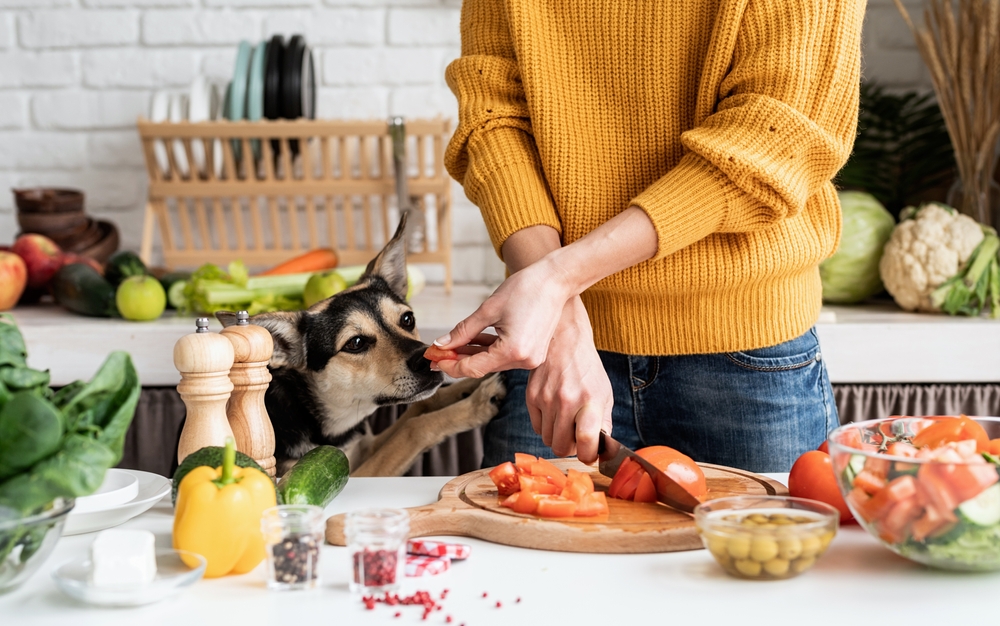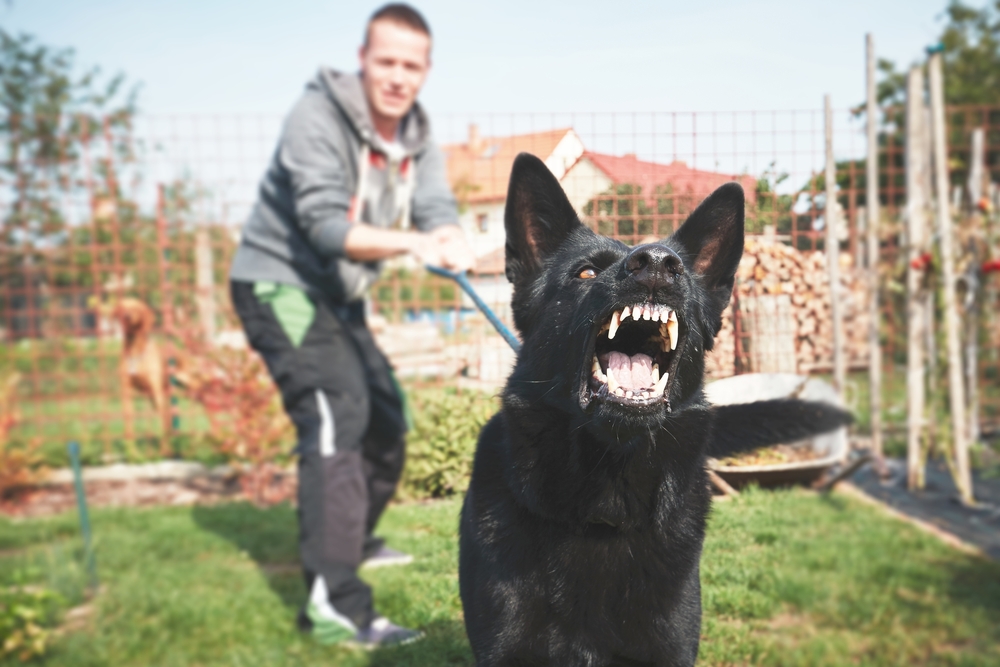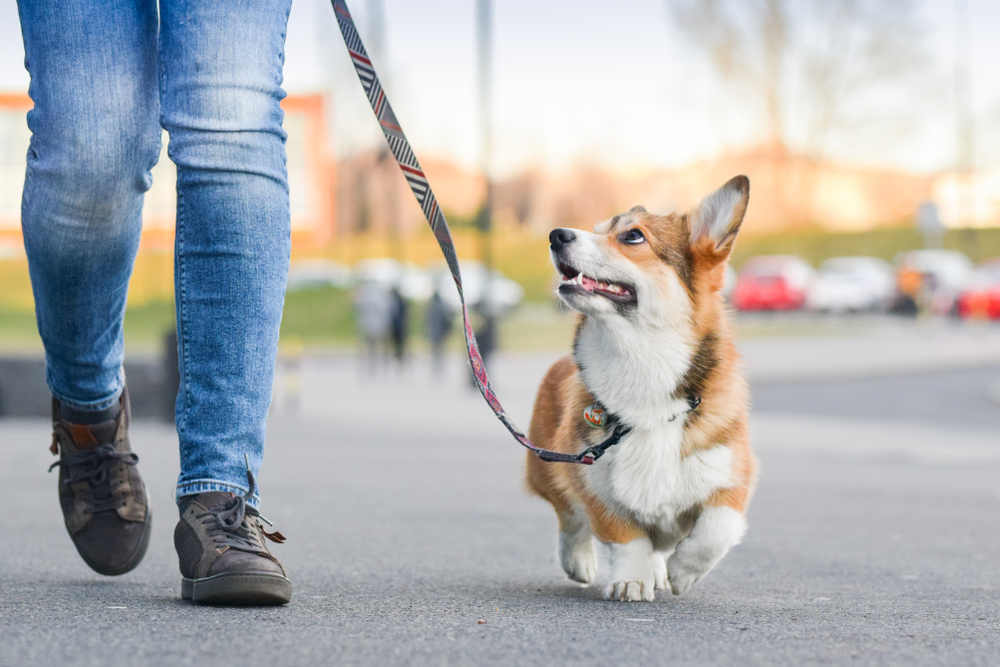Breakups are messy, but things can get even more complicated when a beloved dog is involved. Co-parenting a pet with an ex requires emotional resilience, solid communication, and a clear focus on what’s best for your furry friend. While it’s not always easy, navigating this tricky dynamic can make all the difference for your pup and sanity.
1. Keep Your Dog’s Well-Being as the Priority

It’s easy to let emotions cloud your decisions, but your dog’s happiness and health should come first. When planning a co-parenting arrangement, consider routines, dietary needs, and emotional stability. Consistency is key, so try to maintain schedules and environments that keep your pup calm and comfortable.
2. Set Clear Boundaries Around Sharing

After a breakup, boundaries are essential—especially when co-parenting. Decide when and where handoffs will happen, how expenses will be split, and which areas of your lives will remain separate. Clear agreements prevent unnecessary conflict and help both parties focus on the dog instead of unresolved relationship drama.
3. Create a Co-Parenting Schedule

A detailed schedule outlining visitation walks and vet visits ensures your dog gets consistent care and attention. Whether alternating weeks or sharing weekends, sticking to a predictable plan helps your pup adjust to the new dynamic, it also minimizes confusion and reduces the chances of disagreements down the line.
4. Communicate Effectively (Even If It’s Hard)

Even if speaking to your ex is the last thing you want to do, effective communication is non-negotiable when co-parenting a dog. Use neutral language, stay focused on the dog’s needs, and avoid dragging personal grievances into the conversation. Apps like OurFamilyWizard can help keep communication professional and organized.
5. Agree on a Shared Budget

Dogs aren’t cheap, and co-parenting means sharing the financial load. Discuss how costs will be split, from vet bills to grooming and food. Transparency is key—keep receipts and document expenses to avoid arguments later. A shared pet fund or app can help track these costs and keep everything fair.
6. Decide on Emergency Protocols

Emergencies happen, and having a plan in place is crucial. Decide who will take the lead during emergencies, who has the final say on medical decisions, and how costs will be covered. Knowing how you’ll handle crises in advance can reduce stress and ensure your dog gets the care it needs quickly.
7. Use Technology for Updates

Apps like Google Calendar or shared pet-care apps can help streamline communication and track everything from vet appointments to playdates. This reduces the need for constant check-ins, which can be emotionally draining, and ensures both parties stay on the same page.
8. Keep Drop-Offs Neutral

Handoffs can be a minefield if emotions are running high. Keep them brief, neutral, and focused on the dog. A nearby park or neutral location can make transitions smoother and less stressful for everyone involved. Remember, it’s about your pup—not your feelings.
9. Avoid Venting About Your Ex Around the Dog

Dogs are incredibly perceptive and can pick up on your emotions. Constant negativity or venting about your ex around your pup can create anxiety. Instead, keep interactions with your dog calm and loving to help them adjust to the new co-parenting dynamic without added stress.
10. Stay Flexible, Schedules Change

Life happens, and sticking rigidly to a schedule isn’t always possible. Being open to adjustments—whether it’s swapping days or stepping in during an emergency—can go a long way in maintaining a peaceful co-parenting relationship. Just ensure flexibility doesn’t turn into one person taking on all the responsibility.
11. Decide Who Gets Holiday Time

Holidays can be especially tricky, so plan ahead. Decide how special occasions like Christmas, birthdays, or summer vacations will be handled. Whether you alternate years or split the day, having a clear agreement prevents awkward last-minute disputes.
12. Keep Consistency in Training

Dogs thrive on routine and consistent commands. If one co-parent allows behaviors the other doesn’t, your dog may be confused. Agree on basic training rules—like commands, leash etiquette, and feeding routines—to provide your dog with stability despite the changes.
13. Consider a Mediator for Tough Situations

A professional mediator or pet custody specialist can help if tensions are high and agreements seem impossible. These experts offer neutral guidance to create fair arrangements that prioritize the dog’s well-being while reducing conflict between you and your ex.
14. Don’t Use the Dog as Leverage

It can be tempting to use your dog to gain control or hurt your ex, but this only adds unnecessary stress for everyone—especially your pup. Focus on providing a loving environment for your dog and avoid turning it into a pawn in unresolved relationship issues.
15. Know When to Let Go

Sometimes, co-parenting isn’t feasible, and one person may need to take full custody for the dog’s best interest. Letting go can be the kindest decision, whether it’s due to logistics or emotional strain. If this happens, ensure a transition plan keeps your dog’s well-being front and center.
